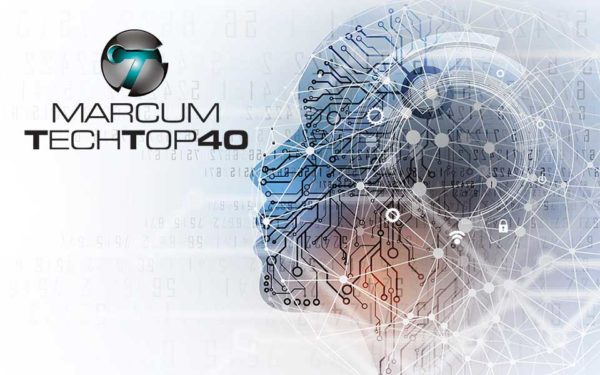2022-2023 Connecticut Credits and Incentives Opportunity
By Barry Halpern, Partner, Tax & Business Services & William Kuhlman, R&D Tax Credits Leader
On May 9, 2022, Governor Ned Lamont signed into legislation the 2022-2023 Connecticut fiscal year budget adjustment bill that includes approximately $600 million in tax relief. The budget adjustment includes the creation and enhancement of various credits and incentives. The bill also includes the new JobsCT tax rebate program, which rewards qualified businesses that create jobs in the state.
The following is a brief overview of some of these credits and incentives, including the JobsCT tax rebate program.
JobsCT Tax Rebate Program
A. What is it?
- This “earn as you grow” program provides tax rebates to eligible businesses for hiring and maintaining employees in Connecticut.
- The refundable credit (rebate) can be used:
- Against corporation business tax, pass-through entity tax liability; or
- As an offset against insurance premium tax.
B. Eligibility
- Businesses subject to tax in Connecticut and engaged in “targeted industries” related to finance, insurance, manufacturing, clean energy, bioscience, technology, digital media or any similar industry, approved by the Connecticut Department of Economic and Community Development (“DECD”).
- Businesses that create and maintain a minimum of 25 net new full-time equivalent jobs (“FTE”) in Connecticut paying the greater of:
- 85% of the median household income of the municipality where the jobs will be located, or
- $37,500.
- A formal application and approval process is required in order to receive the benefit.
C. How much can a business get and for how long?
- The credit equals 25% of withholding income taxes for the net new jobs created.
- The credit potentially increases to 50% of withholding taxes for net new jobs created in distressed municipalities or opportunity zones.
- Minimum credit of at least $1,000 per new FTE with a maximum credit of $5,000 per new FTE.
- The credit/grant may be received for up to seven years – as long as the required net new employment is created and maintained.
- Businesses receive these rebates in year 3 through year 7.
- Credit years 8 and 9 are discretionary (negotiated with and distributed by DECD).
- The total credit that can be awarded for all applicants per fiscal year is capped at $40 million.
D. When will the program start?
- The program is effective July 1, 2022, and applicable to taxable years commencing on or after January 1, 2023.
COVID-19 Premium Pay Program
- This program provides $200 to $1,000 to eligible “essential worker” applicants based on the employee’s income.
- The program is expanded to cover a broader range of essential workers and extends the deadline to apply for benefits from July 20, 2022, to December 31, 2022.
- Government employees, employees who worked from home or could have worked from home, and those who earned $150,000 more are not eligible.
Other Credits
- The Manufacturing Apprenticeship Tax Credit is extended to the Pass-through Entity Tax.
- The Student loan payment tax credit is expanded and allows qualified small businesses to apply to exchange credits for refunds.
- The property tax credit against the personal income tax is increased to $300.
- A $2,500 personal income tax credit is established for the birth of a stillborn child.
For additional information regarding credits and incentives within the Connecticut budget and their impact on your business, contact Barry Halpern at [email protected] or your Marcum State and Local Credits and Incentives professional.



















